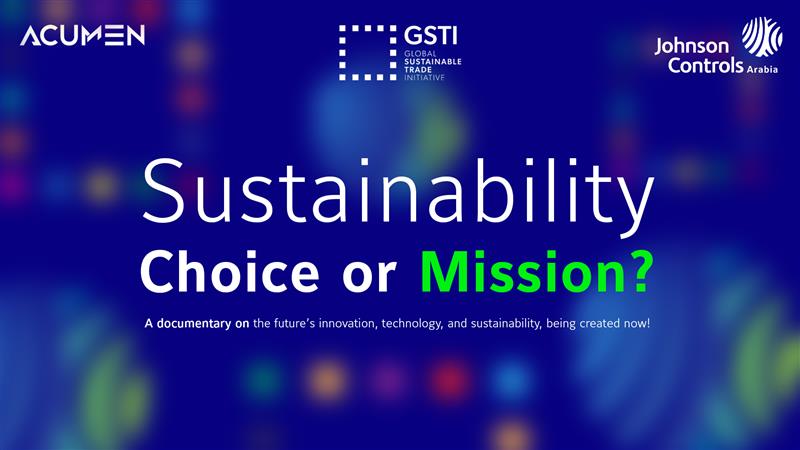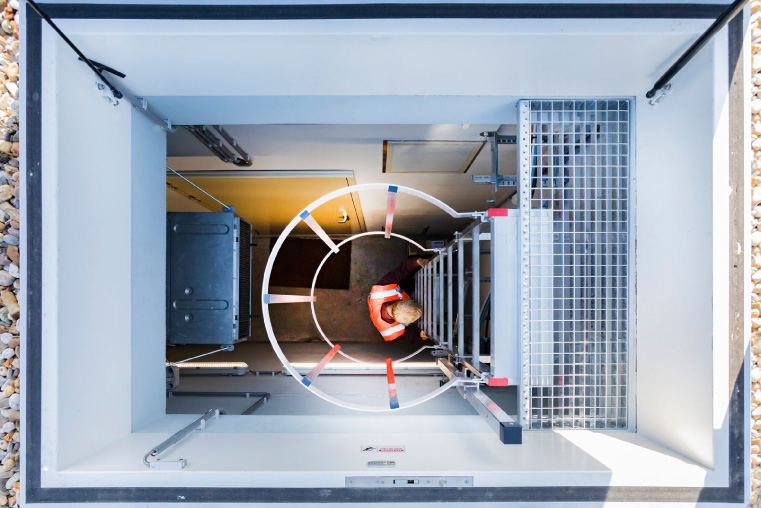Backing startups solving pressing global challenges

The corporate venture arm of TDK is among the growing list of business leaders who believe advancing energy transformation requires a global, unified effort
Navigating Climate Change: The Role of Global Cooperation and Leadership
Global cooperation to address climate change sees to ebb and flow depending on the leadership in major nations and corporations, and an evolving geopolitical landscape.
COP28 grabbed the world’s attention with breakthroughs that could offset news announcements and power moves by the fossil fuel industry. Noteworthy commitments such as the UAE’s $30B climate fund, and King Charles’ recognition of innovative financial approaches, set the stage for progress. The U.S., Canada and Kenya were among 63 countries to join a pledge to cut cooling-related emissions.
Momentum has been growing worldwide. Today over 190 countries have ratified the Paris agreement to keep global warming below 2 degrees. “Now more than ever, the world faces challenges that require a concentrated and collaborative effort,” said Tina Tosukhowong, Investment Director, TDK Ventures. “This is where entrepreneurs come in. They are providing innovation, but they need capital to scale and strong support to take solutions to commercial reality.”
Revival of Climate Tech Funding: The Impact of the Inflation Reduction Act
Venture capitalist funding for climate tech seems to be back, with some sectors bolstered in the US by the Inflation Reduction Act legislation. A recent landmark article by Technology Review, citing data from MIT’s ‘tough tech’ venture group, said VC investments in startups working on industrial chemicals, materials and carbon capture were up in the first half of 2023 vs. the same period in 2022.
Scaling and commercializing climate tech startups is never easy, and new challenges have surfaced. “While the world directs attention toward renewable energy and away from fossil fuels, it’s important to consider the complex geopolitical dynamics,” said Nicolas Sauvage, President, TDK Ventures. “In an ideal globalized scenario, free flow of materials, energy and technologies across borders is envisioned. Today’s reality portrays an increasingly fragmented world with significant barriers to the exchange of essential elements.”
The Rising Tide of Challenger Technologies in a Fragmented Global Market
One ray of hope: ‘challenger technologies,’ said Sauvage. “These technologies possess immense potential for success, and with strategic funding from forward-thinking countries navigating the challenges of a fragmented global market, they can not only thrive but also contribute significantly to addressing the repercussions of such fragmentation.”
Tosukhowong expands: “Challenger technologies have emerged in fields like energy storage and fusion, and are showing potential given the right investments. Fragmentation paradoxically becomes a driving force for advancing challenger technologies toward a future where they can not only endure but prosper.”
Challenger technologies backed by TDK Ventures include Peak Energy, which is commercializing sodium-ion battery technology to serve the U.S.’ 600 GWh market demand for energy storage, and Type One Energy, which is developing a continuous fusion power plant to produce affordable, clean energy and replace coal-fired power plants.
“Meeting the intricate goals of energy transformation requires a unified global effort. Venture capital and public funding play crucial roles, but none of us ‘alone’ can achieve this. Our climate crisis requires everyone – governments, corporations, entrepreneurs and citizens to change outcomes,” said Sauvage. “If these endeavors prove successful, in the next decade we could see a new landscape of scalable technologies—a potent arsenal to mitigate the climate crisis and usher in a sustainable era.”
Find out more about COP28 campaign













